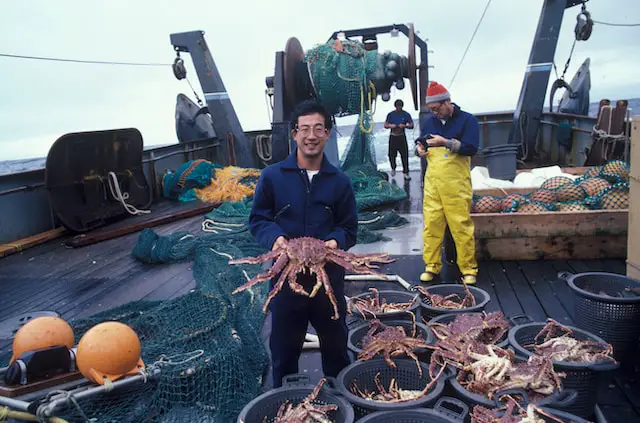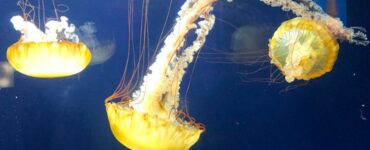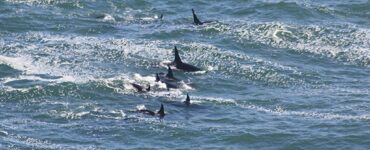Marine Protected Areas (MPAs) play a crucial role in preserving the health and biodiversity of our oceans. These designated areas provide essential protection for marine ecosystems habitats and species ensuring their long-term sustainability. In this article we delve into the significance of MPAs and shed light on their vital role in marine conservation efforts.
Preserving Biodiversity and Ecosystem Health
One of the primary objectives of marine protected areas is to safeguard biodiversity and maintain the health of marine ecosystems. By designating specific areas where human activities are regulated or restricted MPAs allow marine habitats and species to thrive. These protected zones provide safe havens for critical breeding grounds nursery areas and migration routes enabling the recovery and resilience of marine populations.
Supporting Fish Stocks and Sustainable Fisheries
Marine protected areas also play a pivotal role in supporting fish stocks and promoting sustainable fisheries. By establishing no-take zones or implementing fishing restrictions MPAs allow fish populations to grow and replenish. This in turn benefits nearby fishing grounds by ensuring a healthy stock of fish that can sustainably support local communities and commercial fishing industries.
Protecting Vulnerable and Endangered Species
Many marine protected areas are specifically designated to protect vulnerable and endangered species. These areas provide refuge for marine mammals sea turtles sharks and other iconic marine creatures that are at risk due to habitat degradation overfishing pollution and other human impacts. By safeguarding their habitats and reducing human disturbances MPAs offer these species a fighting chance for survival and recovery.
Restoring and Rehabilitating Marine Habitats
In addition to protecting existing habitats MPAs often encompass areas that require restoration or rehabilitation. Efforts are made to enhance coral reefs seagrass meadows mangrove forests and other vital habitats that have suffered from degradation or destruction. Through active restoration initiatives and the reduction of human pressures MPAs contribute to the recovery and resilience of these valuable ecosystems.
Scientific Research and Education
Marine protected areas also serve as living laboratories for scientific research and education. These areas provide researchers with opportunities to study the impacts of human activities climate change and other factors on marine ecosystems. By collecting data and conducting long-term monitoring within MPAs scientists can gain insights into the health of our oceans and inform evidence-based conservation strategies. MPAs also offer valuable educational opportunities allowing visitors and local communities to learn about marine ecosystems conservation and the importance of sustainable practices.
Collaborative Management and Stakeholder Engagement
The successful management of marine protected areas relies on collaboration and engagement with various stakeholders. This includes governments local communities scientists conservation organizations and resource users such as fishermen and tourism operators. By involving these stakeholders in the decision-making process MPAs can benefit from local knowledge ensure the effective implementation of management strategies and foster a sense of ownership and responsibility among all involved parties.
Expanding the Network of MPAs
While marine protected areas have made significant contributions to marine conservation there is still much work to be done. Expanding the network of MPAs and ensuring effective management and enforcement are crucial steps in safeguarding our oceans. Governments international organizations and communities must work together to establish new MPAs in ecologically important areas prioritize the connectivity between existing protected areas and strengthen the enforcement of regulations within these zones.
Shaping a Sustainable Future
Marine protected areas are an indispensable tool in the ongoing efforts to protect and conserve our oceans. By preserving biodiversity supporting sustainable fisheries protecting vulnerable species and promoting scientific research and education MPAs contribute to a more sustainable future for both marine ecosystems and human societies. It is essential that we recognize the value of these protected areas and continue to advocate for their establishment and effective management to ensure the health and resilience of our oceans for generations to come.

Hi, I’m Jodie! I’m a spain-Moroccan writer with a passion for imagination, adventures, magic and stories with heart.
Please don’t hesitate to contact me for any questions, suggestions, comments or feedback.

















Add comment